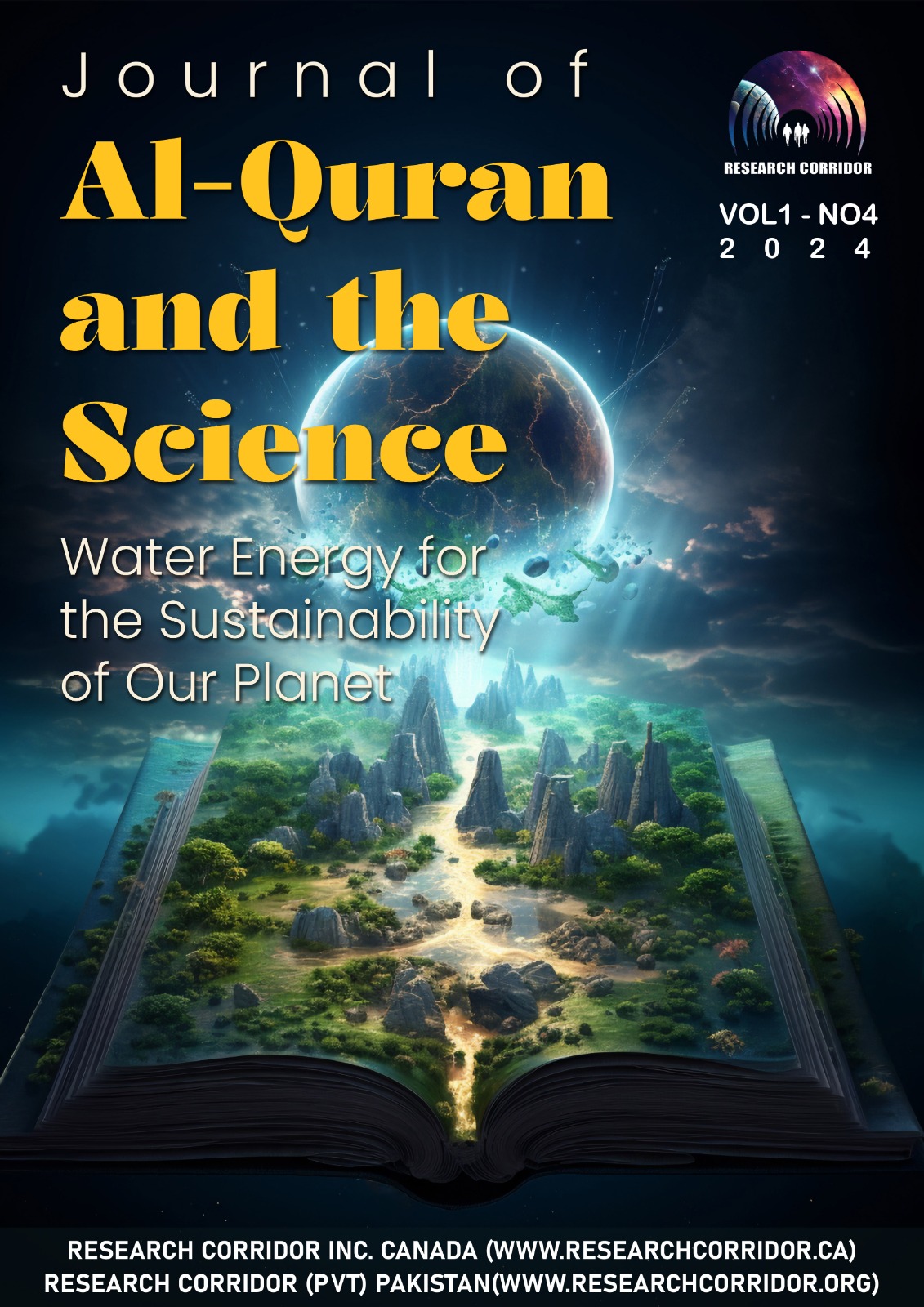The Stars and the Soul: Astrology, Astronomy, and Spirituality in Islamic Tradition
Keywords:
Islamic astronomy, ilm al-falak, ilm al-nujum, astrology, celestial symbolism, Qur'anic cosmology, Sufism, Islamic philosophy, scientific heritage, spiritualityAbstract
Islamic tradition has long engaged with the celestial realm, balancing scientific inquiry and spiritual reflection. Astronomy (ilm al-falak) flourished in the Islamic Golden Age, contributing significantly to global scientific advancement, while astrology (ilm al-nujum) remained a contested subject within Islamic theology (Nasr, 1993). Scholars such as Al-Biruni and Al-Tusi advanced astronomical knowledge, refining planetary models and influencing later Western developments (Saliba, 2007). Meanwhile, Islamic theologians debated the legitimacy of astrological predictions, distinguishing between observational astronomy used for practical applications like prayer times and astrology’s speculative claims about human fate (Dallal, 2010).
The Qur'an frequently references celestial bodies, emphasizing their role as divine signs (ayat) guiding both physical navigation and spiritual contemplation (Sardar, 2014). Many Sufi traditions interpret the stars as symbols of divine wisdom, reflecting the interconnectedness of the cosmos and the soul (Chittick, 1989). However, Islamic orthodoxy warns against deterministic astrology, reinforcing the principle of divine will (qadar) over celestial influence (Ibn Khaldun, 1377). Despite these theological boundaries, Islamic culture has historically integrated celestial symbolism into mystical thought, literature, and architecture, demonstrating an enduring synthesis of scientific and spiritual perspectives (Huff, 2003).
This study examines the intricate relationship between astrology, astronomy, and spirituality in Islamic tradition, highlighting the tension between empirical science and theological concerns. By exploring historical debates and cultural influences, this research underscores how Islamic thought navigated the boundaries of knowledge and belief. Future inquiries may further explore the influence of Islamic astronomical heritage on modern scientific paradigms and its relevance to contemporary discussions on faith and cosmology.





